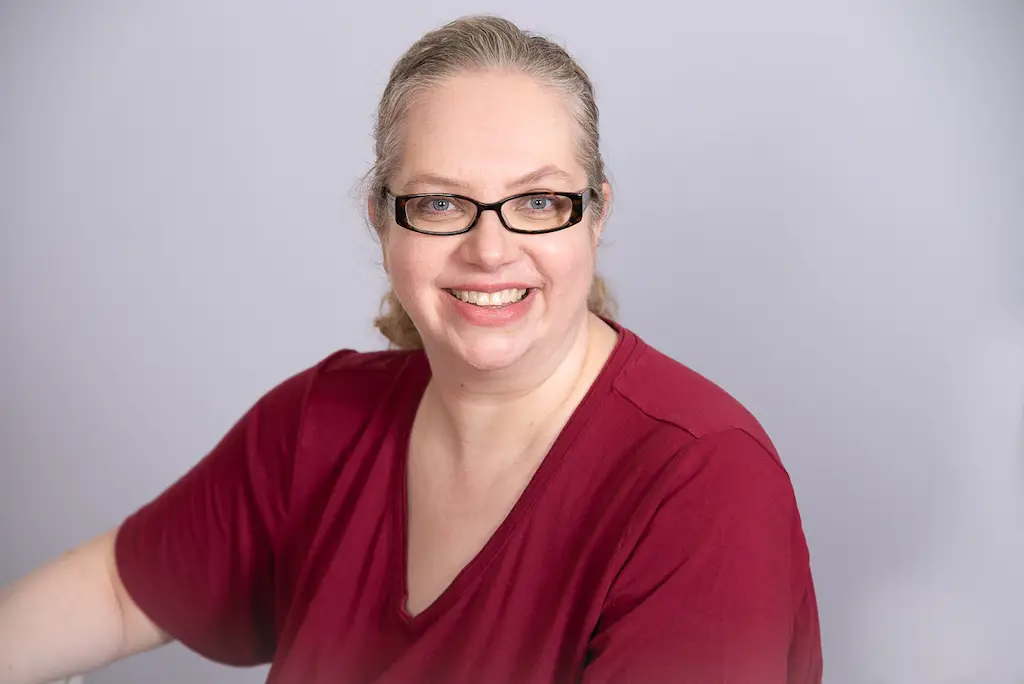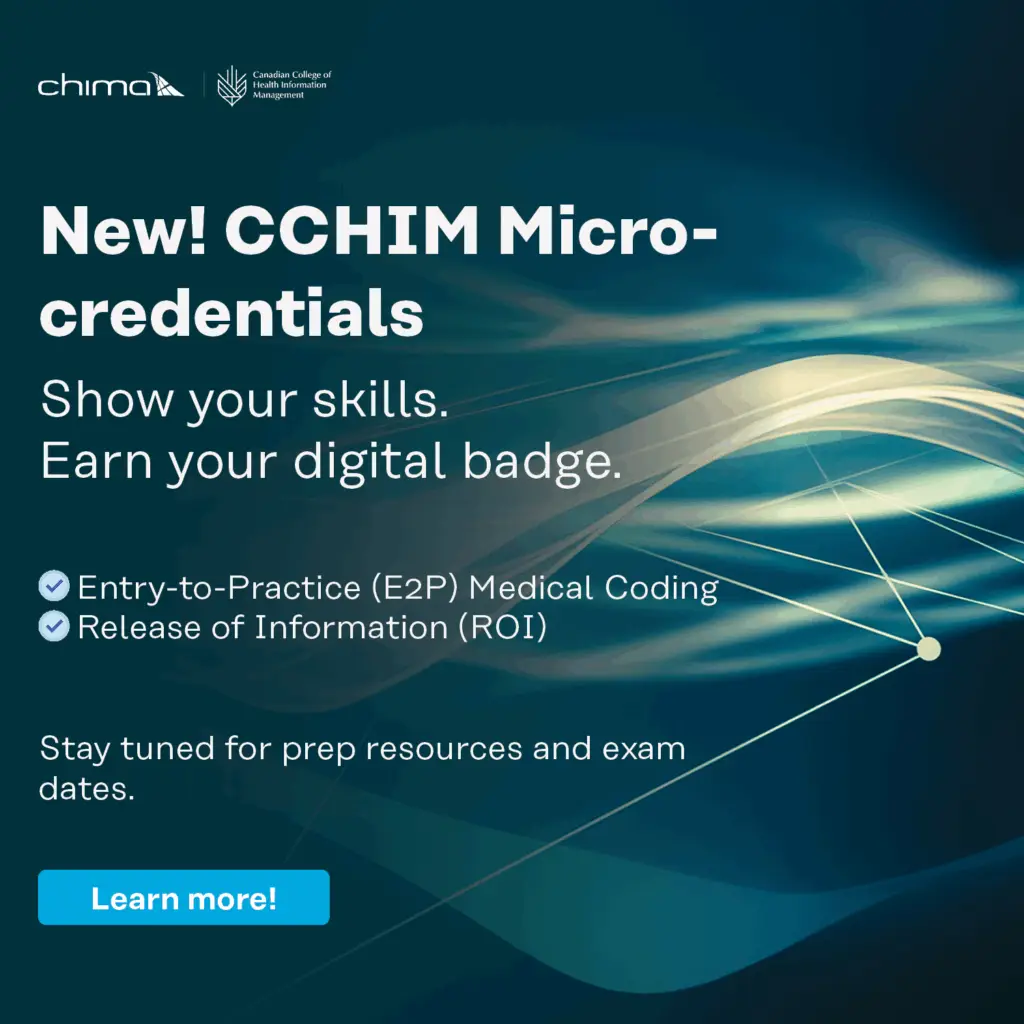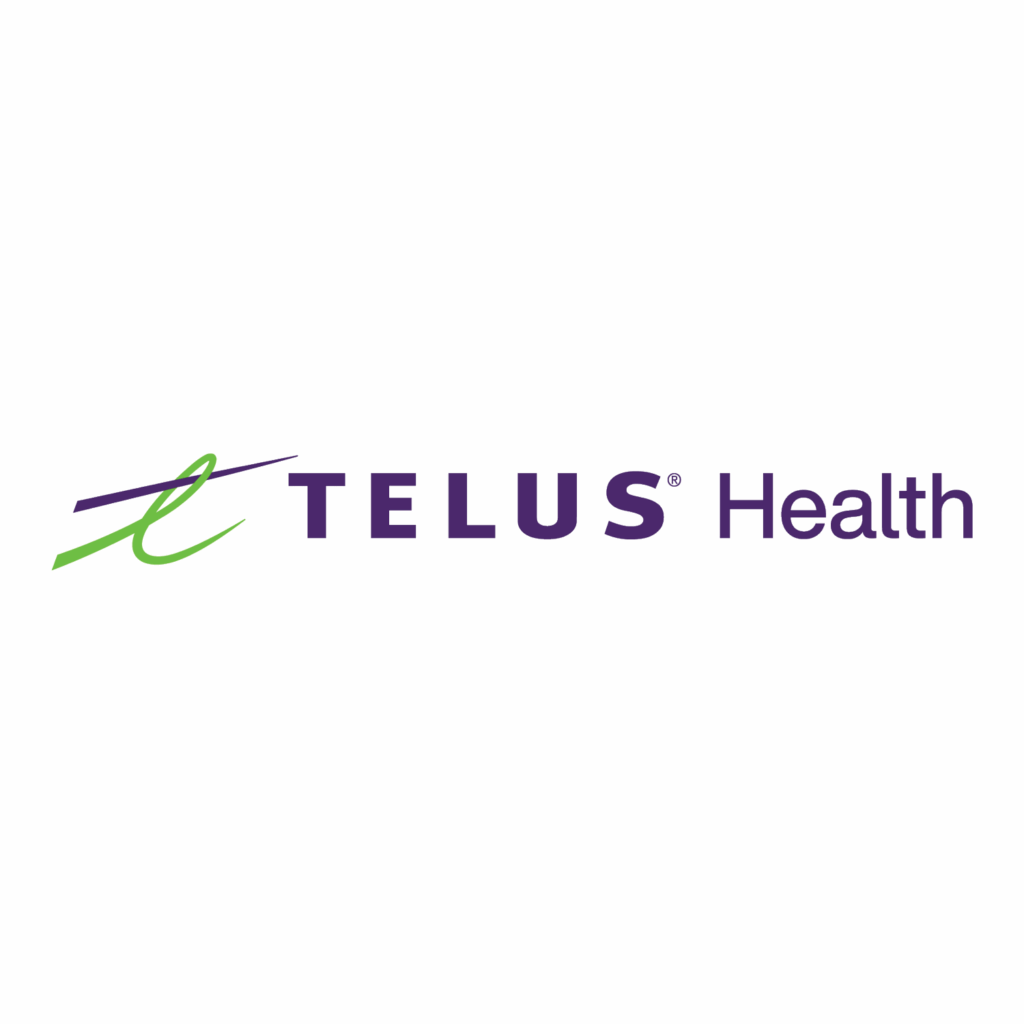
Curiosity and a passion for information management are at the heart of Ann Dreolini’s work in health care registration. With a master’s degree in library and information studies, Ann Dreolini, CHIM, began her career as a librarian with the Vancouver Public Library. She worked as a business librarian, law librarian, and with an engineering firm before becoming manager of information services at the Vancouver Aquarium.
After she lost her job and couldn’t find another, Ann soon realized that the world around her had changed. Thankfully, she “saw a little light turn on” and decided to enrol in the Medical Office Administrator program at Langara College. This led to her accepting a position as a senior medical administrator at a kinesiology clinic. Ann enjoyed the work and pursued further education through the Health Information Management program at Douglas College.
Health information professionals, who are often the first point of contact at clinics and hospitals, oversee various activities at the beginning of the lifecycle of care. Some of these activities include collecting, recording, and updating health data, scheduling appointments, and ensuring accurate billing and accounting. These professionals often work in the following roles:
- registration, admissions, front desk, health records, unit, ward, or data entry clerk
- medical office assistant
- administrative or office support worker
Ann believes medical office assistant roles are crucial to creating a welcoming environment that contributes to a patient’s quality of care: “When you’re dealing with a client . . . you want to ensure that they’re getting good care right from the start. You want to make sure you’re getting the correct information, getting it in a timely manner, and filling all the appropriate fields. You may not get another opportunity to speak to them. You need to get what you need to get during that initial conversation.”
Important as they are, these health information professionals face challenges on their job. Such challenges can include loneliness, the struggle to stay organized, and poor records management. Ann reports feeling lonely because she often worked alone. To stay organized and ahead of work demands, she kept lists and determined daily priorities.
Concerning records management, Ann says that sometimes records were stored on paper and electronically, making information search, storage, and retrieval “a bit messy.” However, she drew from her previous experience in organizational details to contribute to the transition from paper to electronic records management in the clinic.
Medical office assistants need to stay current with best practices (such as electronic medical records management) to be effective team members and maintain a high quality of care. Throughout her career, Ann’s inclination has been to improve on knowledge. She thinks professional development is key to adapting and being proficient in a changing world: “You want to be generally up-to-date on how processes and technology have changed,” she says.
The work medical office assistants do require high ethical standards in privacy and data handling and collection. Ann is convinced of the importance of data quality in health care registration and believes more focus should be placed on the quality of the data: “information has to mean something.” She points out that the implications of inaccurate data collection, such as inconsistencies and duplicate records, impact satisfaction on the quality of care received.
Ann’s courage to begin a new career in health information management is admirable, and from conversing with her, one can understand why. She speaks of “the thrill of the hunt” in digging up information and her passion for research: “People have a question that is unanswered—we have to remember that.” Ann is interested in “seeing what’s out there” in information governance, security, and privacy.
Starting a new career in medical office administration can be daunting. Still, Ann thinks anyone with a background in records management or customer service, or anyone who loves organizing and can organize themselves, can have a successful career in this field.
To those considering a career track in medical office administration, Ann says, “If you have, like I had, a curiosity about health care (and that’s a very general statement), I think you should explore it.” She urges them to glean health care information from credible sources and take the next step academically: “Dip your toe in to get started.”



